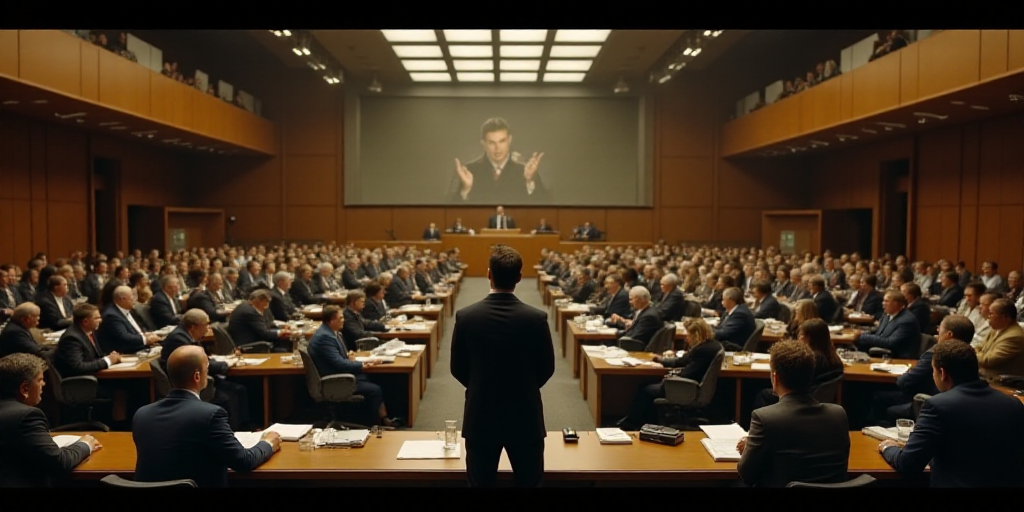Background on the Mexican Financial Institutions Under Scrutiny
The Mexican Senate approved, both generally and specifically, the reform to the Anti-Money Laundering Law (Ley Antilavado) after the US Department of Treasury pointed out CIBanco, Intercam, and Vector as financial institutions linked to money laundering and narcotics trafficking.
Senate Vote and Key Aspects of the Reform
With 74 votes in favor, 13 against, and 20 abstentions, senators approved the reform proposed by Javier Corral. This legislation aims to address recommendations from the Group of Action Financial International (GAFI) and ensure Mexico’s evaluation in preventing money laundering and terrorism financing.
Javier Corral, the legislator who presented the reform proposal, highlighted its significance: “The relevance of this reform lies in identifying the beneficiary controller, ensuring transparency about who truly controls or benefits from operations—crucial in combating money laundering. It also incorporates new vulnerable activities, such as real estate development, virtual assets, and trusts.”
Only one reservation was accepted, presented by Lucía Trasviña Waldenrath from Morena. It involved removing the phrase “financing terrorism” as it was already addressed in the law and the Penal Code.
Opposition Criticism and Concerns
Senator Claudia Anaya from the Institutional Revolutionary Party (PRI) criticized the reform, stating it seemed more like persecution against informal activities or charitable and religious organizations rather than targeting money laundering.
“I believe it’s more about persecuting informal activities or charitable and religious organizations rather than targeting money laundering. If no one sees the large-scale money laundering operations in this country, how can anyone expect to find them? The US Treasury Department already warned that three Mexican banks, linked to Alfonso Romo, would face activity suspension in the US for money laundering. Secretary of Finance Edgar Amador claims he saw nothing, yet he worked at Vector,” Anaya accused.
Anaya and other opposition senators argued that the reform goes too far, potentially endangering civil liberties and even militarizing the fight against money laundering.
Key Questions and Answers
- What is the Anti-Money Laundering Law reform about? The Mexican Senate approved changes to the Anti-Money Laundering Law, aiming to address recommendations from the Group of Action Financial International (GAFI) and ensure Mexico’s evaluation in preventing money laundering and terrorism financing.
- Which financial institutions were under scrutiny by the US Department of Treasury? CIBanco, Intercam, and Vector were identified by the US Department of Treasury as financial institutions linked to money laundering and narcotics trafficking.
- What are the key aspects of the approved reform? The reform identifies beneficiary controllers, ensures transparency in operations, and incorporates new vulnerable activities like real estate development, virtual assets, and trusts.
- What concerns did the opposition raise regarding the reform? Opposition senators, like Claudia Anaya, expressed concerns that the reform might infringe on civil liberties and potentially militarize the fight against money laundering.






